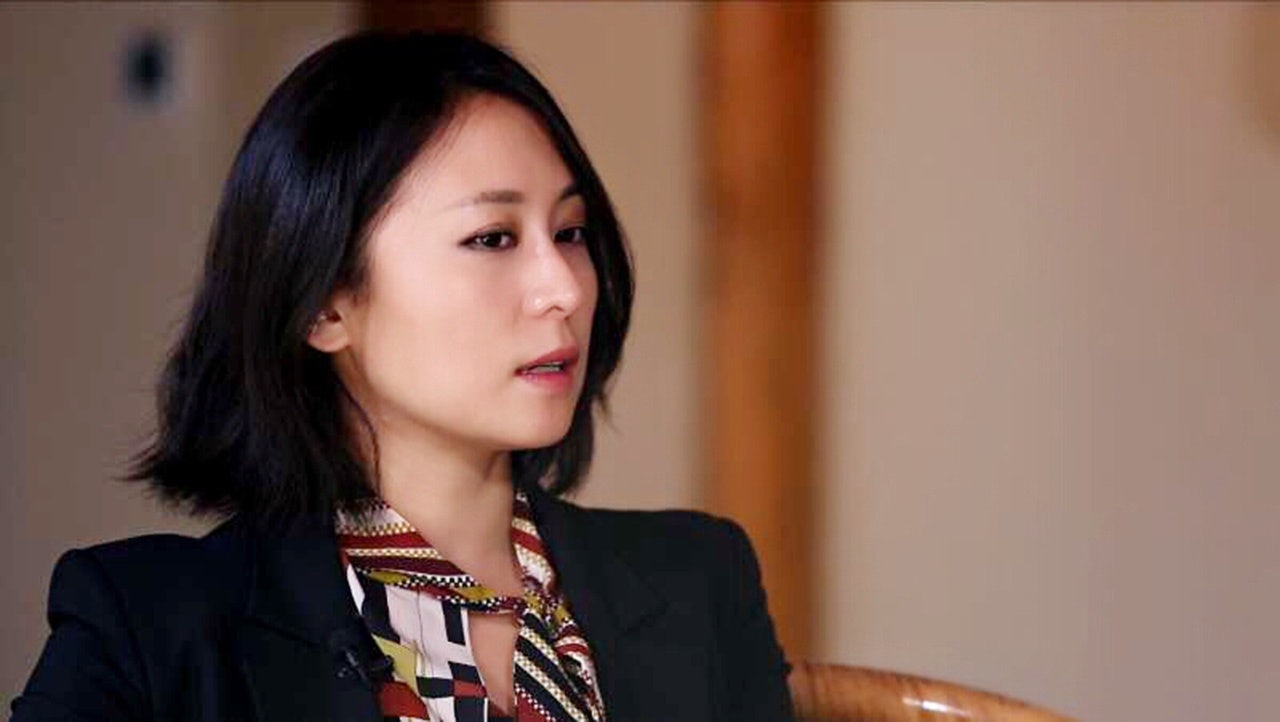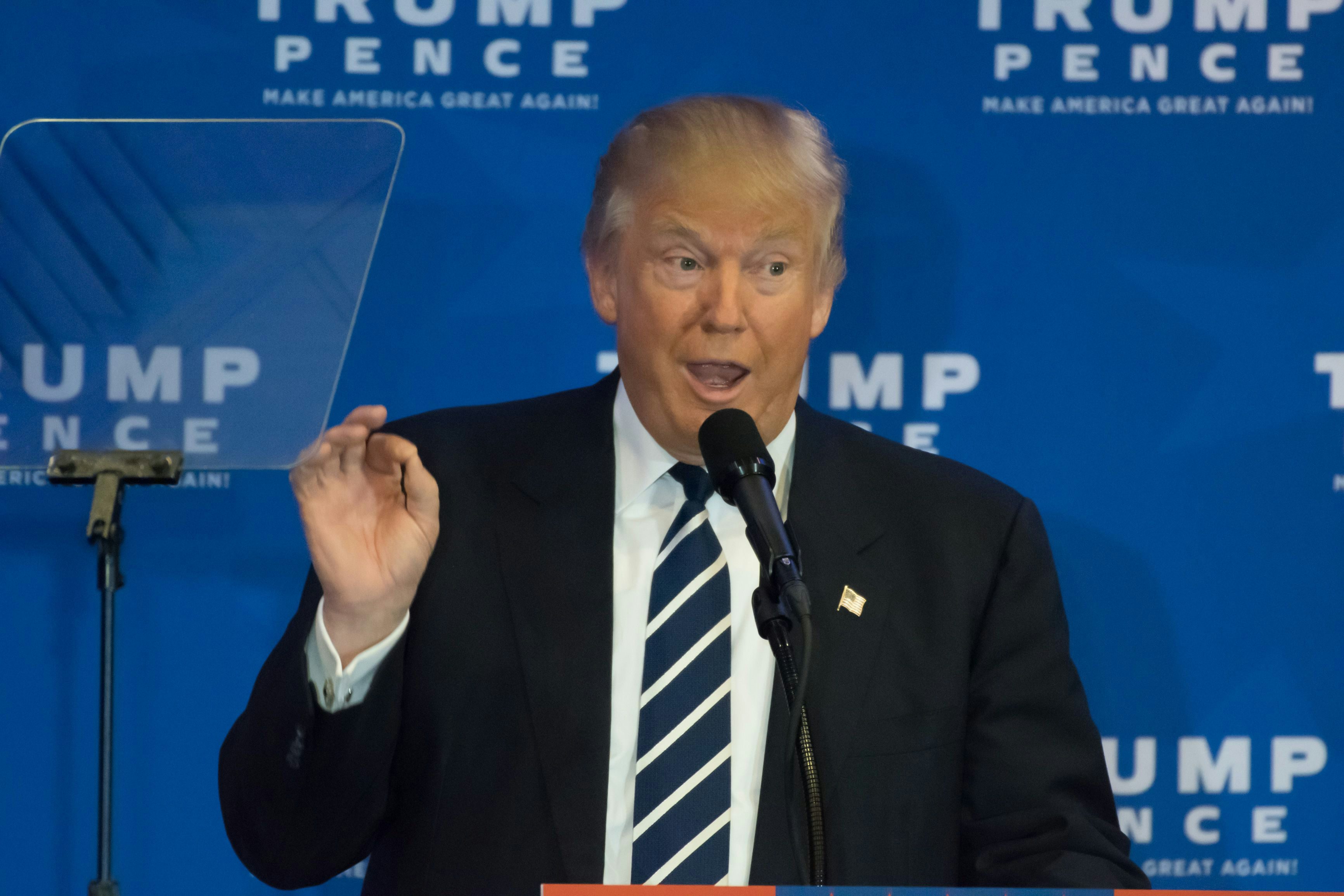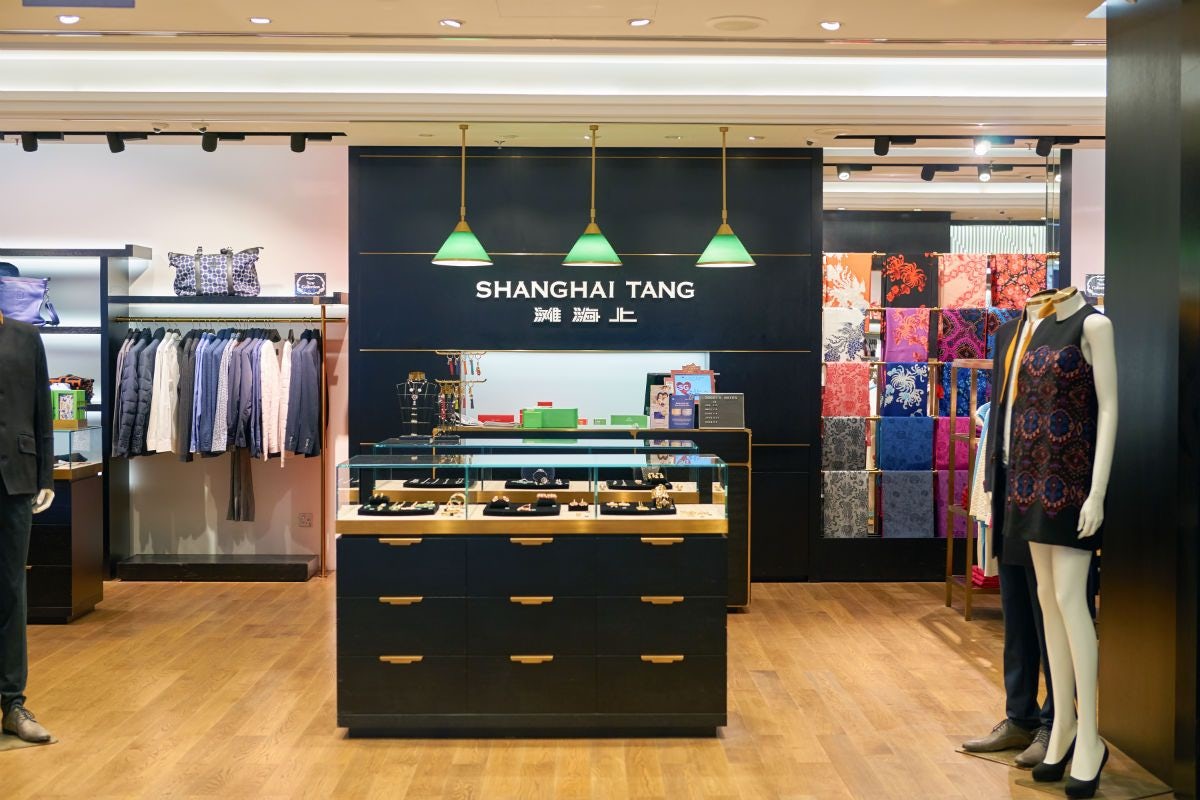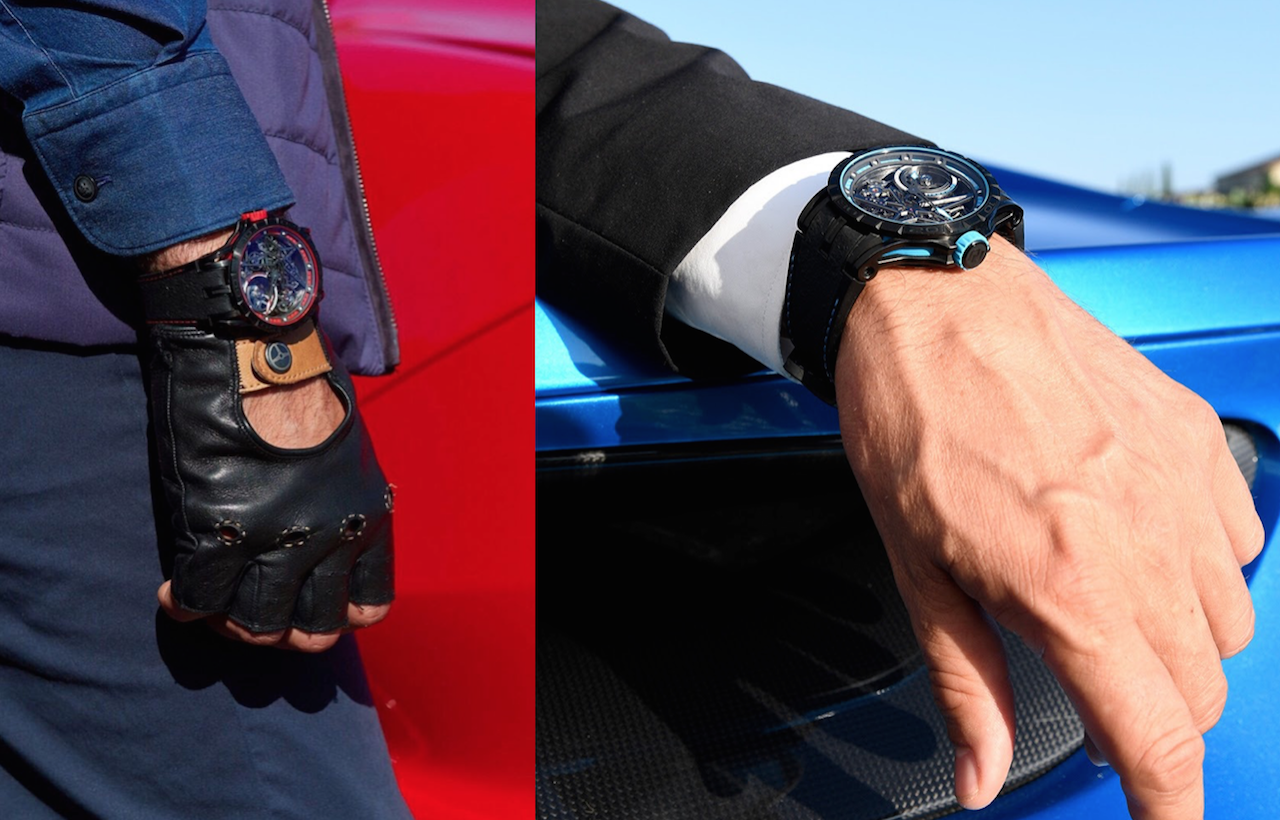The Swiss luxury giant Richemont Group, which owns luxury labels including Cartier, Chloe, and Jaeger-LeCoultre, announced at its annual meeting on September 13 the appointment of economist Jin Keyu to its board of directors, its first-ever board member from China.
Jin earned most of her career breakthroughs overseas: After earning her Ph.D. in economics from Harvard, she went on to become a professor at the London School of Economics (LSE), and is tapped frequently by the international press for her expertise on the Chinese economy.
Yet she moved into the spotlight in China in 2016 when her father, Jin Liqun, a prominent banker and politician in China, became the President of the Asian Infrastructure Investment Bank (AIIB).
AIIB was launched by Chinese President Xi Jinping in 2013 in an effort to have greater influence on established institutions like the IMF and the World Bank, over which American, European and Japanese interests were dominant. The establishment of the bank is often viewed as an important move by Beijing to challenge the economic and financial prowess of the United States in recent years.
In Jin's numerous public social media profiles, she positions herself as a bridge between China and the West, which implies the potential duties and responsibilities that she will take on in the future with Richemont, such as bringing her knowledge of China to the decision-making process of the company's operations.
“That’s the kind of competence they need,” said a shareholder during the annual meeting when commenting on Jin's new position in the group.
A look at her writing reveals that Jin is a firm supporter of the Chinese government and its policies. She has published many opinion pieces on topics related to China’s economic reform, the country's leadership, Trump's presidency, and the potential trade war between the U.S. and China.
In her piece on the Trump Presidency published by Project Syndicate right after the U.S. presidential election, Jin said the Chinese leadership was calm and neutral about his election even though China had been targeted most by Trump.
“[Chinese leaders] seem confident that, though the bilateral relationship will change somewhat, it will not be fundamentally transformed," she wrote. "It will still be neither very good nor very bad.” She also noted in that piece that the U.S. has a lot more to lose than China should a trade war ensue.
While she is a supporter of the Chinese government, and her father is a Chinese banker and politician, he too has shown great interest in the West as well as a desire for diplomacy that has sometimes felt out of step with President Xi's China-first position.
In a story in the New York Times from earlier this year, it was noted that Mr. Jin (who studied at Boston University) has edited a two-volume anthology of English verse. The story also pointed out that in his office, rather than seating himself at the head of the table, guests are seated alongside him, making meetings "seem more like affairs of equals, rather than a hierarchy with China at the top," as members of the bank fear. Mr. Jin told the Times, that Xi, in a public statement at the Group of 20 meeting in Hangzhou last year, which seemed like a warning to Mr. Jin, said that no one should forget that the bank is led by China.
In the Chinese press, Jin Keyu has been depicted as a role model for women in China. The media continually praises her work ethic and extraordinary achievements as an economist in a field that is traditionally difficult for women to excel in. To the majority of the Chinese audience, Jin is a sharp, elegant woman who has achieved success through her own efforts, though, of course, she has detractors who attribute that success to her father.
Before joining the company's board of directors, Jin was already a member of the Richemont Group Advisory Board, an unofficial organ that provides advice to the management of the corporation. The reshuffle has heightened her role in determining Richemont's overall strategic direction.
The announcement comes amid an overhaul of Richemont’s board, which, this year, has been having the biggest leadership shake-up in years. After the retirement of CEO Richard Lepeu and CFO Gary Saage, many people expected Richemont veteran Georges Kern, the Group Head of Watchmaking, to take on a bigger role. But in July, he left to head up rival Breitling.
Chairman Johann Rupert said in November last year, when the resignation of Lepeu and Saage was first announced, that the brand chiefs would now report directly to the board. "One individual cannot be held responsible," Rupert told Bloomberg at the time. "We will never have a similar CEO again. Now it's time for us to start looking at another generation."
Jin, is apparently, part of that generation. The new board, as of last week's annual meeting, now has a total of 19 members from diverse backgrounds and nationalities.
“Giving a seat to a young female executive like Keyu Jin is already a sign that Richemont is moving ahead, and turning to the next chapter,” said Alexis Bonhomme, the Co-Founder and General Manager of Curiosity China.
“[It] is also showing the importance of China for Richemont and its growth plan, with a strong push on new technology and e-commerce.”
In inviting her onto the board, the company signals its desire to further harness the power of the fast-growing Chinese market—sales in the Asia Pacific region were up 23 percent for the five months ending August 31, according to its financial reports released during the Annual General Meeting.
But its track record in China has not been perfect. A dozen watch brands that Richemont manages have suffered massively from overcapacity issues in recent years due to Chinese consumers’ lessened appetite for luxury timepieces. The problem has forced the company to buy back stock from local watch dealers and cut jobs in order to steer the company through the crisis.
And then in July, the company abandoned Shanghai Tang, the Chinese luxury brand it had kept for almost two decades with the aim of shaking up its brand portfolio. The sale cast doubt on the viability of Chinese luxury brands for international luxury groups.
The latest appointment of Jin has made it apparent that this luxury conglomerate expects to leverage her expertise and connections with China to further reinvigorate the business, which is in a period of nascent recovery.
With additional reporting by Rozalia Jovanovic.





